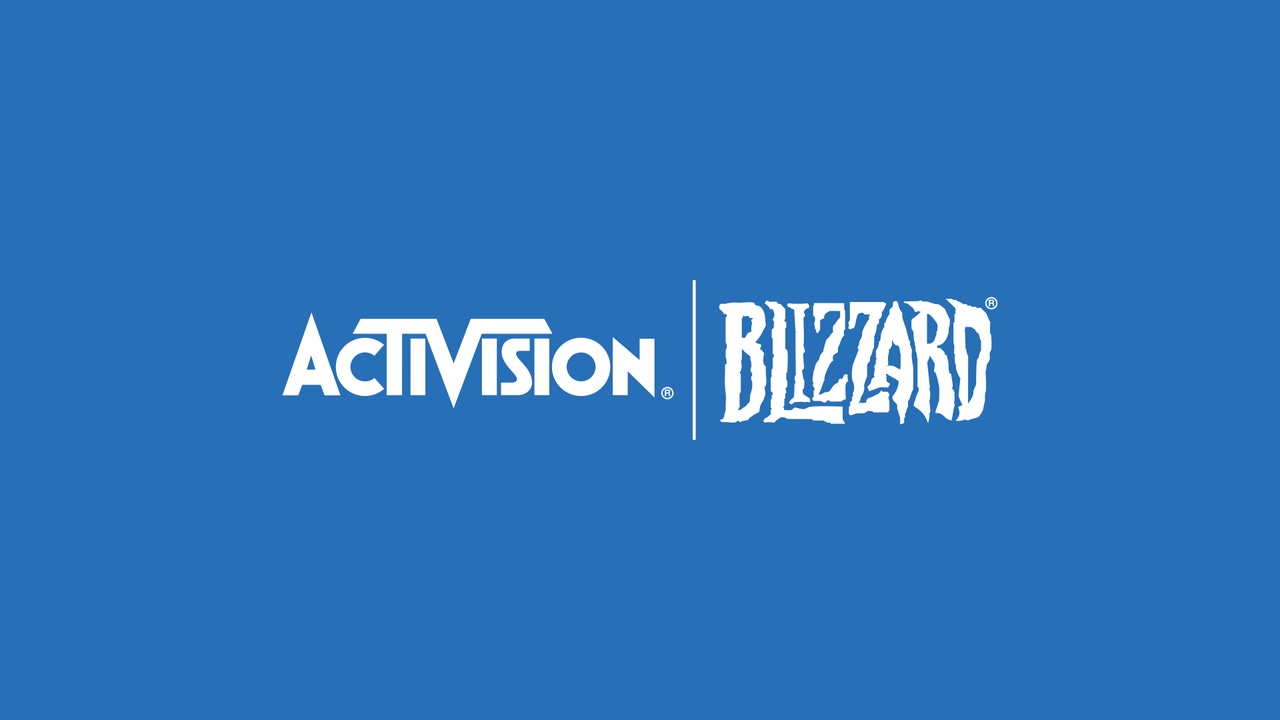Trending
Opinion: How will Project 2025 impact game developers?
The Heritage Foundation's manifesto for the possible next administration could do great harm to many, including large portions of the game development community.
Activision Blizzard is arguing that the collaborative nature of video games means the NLRB's usual processes don't entirely apply to the ongoing unionization effort.

In response to Blizzard Albany's efforts for its QA workers to be recognized as a union, parent company Activision Blizzard filed two motions with the National Labor Relations Board (NLRB). The motions were filed in the aftermath of QA testers voting on unionization, which the Board ruled for in mid-October.
With these motions, Activision Blizzard hopes to suspend the current voting process and reclassify the list of eligible employees to include employees from other departments, such as audio or production.
Second, it wants to argue to the NLRB that the differences in video game production compared to conventional labor mean its normal practices shouldn't apply.
"The process of creating a video game is, in many ways, the opposite of the traditional production processes in which the Board's precedent has been developed," wrote Activision Blizzard. "A video game studio doesn't produce a large volume of products by repeatedly following a series of steps."
The two motions filed by Activision Blizzard were a motion to impound ballots, and for a review of the regional director's decision and election. With the impound motion, votes would be halted entirely until said review had been completed.
Video games' collaborative effort is something that Activision Blizzard has repeatedly tried to push in arguing against the union. During the initial hearings with the NLRB in August, the publisher showed Diablo IV footage with the names of various QA testers.
Another tactic it employed back then, and was used again here, was saying that additional employees outside of Blizzard Albany's QA team should be able to vote on the unionization matter. In its review request, it argued a union would result in "a fractured workplace, in which flexible collaboration becomes impossible and each separate job constitutes a different bargaining unit."
"Rather than a factory mass producing large numbers of identical (or similar) goods, when considering the creation of the Diablo games, one might think of a team of skilled artisans working together to shape a single, massive sculpture."
Efforts to curb unionization at Activision Blizzard have been previously documented throughout 2022. In early October, the NLRB found that the publisher was withholding raises from QA workers who successfully pushed for unionization at subsidiary company Raven Software.
An Activision Blizzard representative provided the two filings to Game Developer. In its email, it wrote that the company "believes strongly that each of the 107 eligible employees deserves to have their votes counted, not just the 18 quality assurance testers who are important employees but make up a small fraction of the team."
Update: This post has been updated to clarify Activision Blizzard's motions and stance on including Blizzard Albany's non-QA departments in the voting process.
You May Also Like